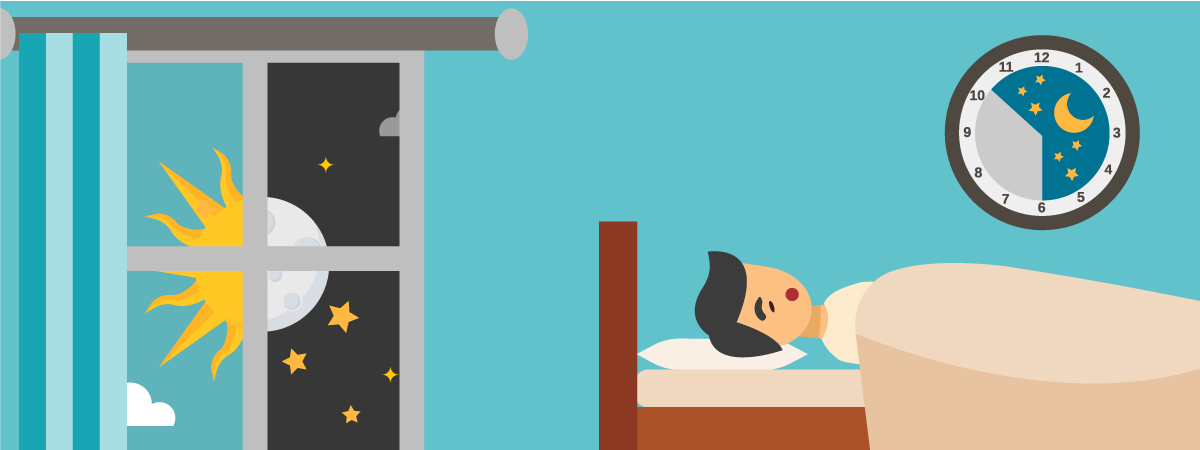5 Ways To Keep Your Student Focused On Academics
Smartphones. Social media. Television. Social pressure. Fatigue. The constant, relentless stream of potential distractions facing today’s high school students is greater than at any time in the past. But that doesn’t mean you can’t do anything about it.
We will give you five tools that will help improve student focus on your child’s academics despite all the distractions out there.
We here at Prep Expert offer great SAT prep courses that will further help motivate your student to get on track academically to obtain the best possible score they can achieve.
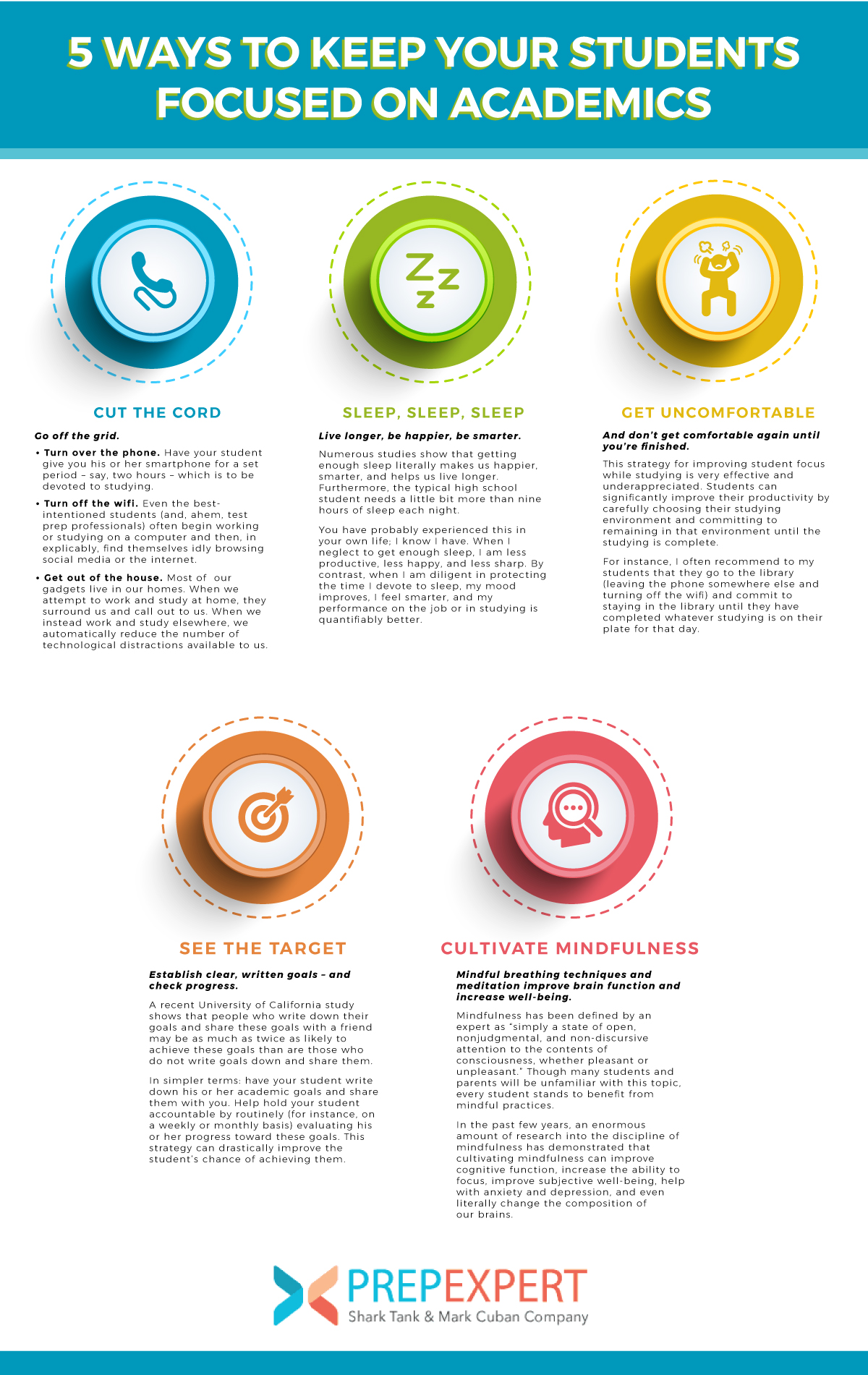
Cut the Cord
Go off the grid.
I do not have to convince you of the potential problem that technology poses for today’s high school students. Any parent reading this article probably knows how hard it is to get a student to focus on doing anything productive with smartphones, social media, television, music, and video games all around us.
Indeed, even most academic work today involves some form of technology. Prep Expert is an industry leader in online SAT prep classes, for example, and schools are filled with computers on which students and teachers rely every day. What, then, can we do about it? Is there any way to fight back against the corrosive impact that all this technology can have on a student’s ability to focus?
[leadmagnet_five]
Fortunately, there is a lot we can do about it. Each of the following steps will help you shield your student from the distracting influence of modern technology – perhaps for just long enough that they are able to get some studying done.
- Turn over the phone. Have your student give you his or her smartphone for a set period – say, two hours – which is to be devoted to studying. As we will see later, this will likely improve your student’s health and well-being, as well.
- Turn off the wifi. Even the best-intentioned students (and, ahem, test prep professionals) often begin working or studying on a computer and then, inexplicably, find themselves idly browsing social media or the internet. With your computer’s wifi off, this mindless, accidental return to distraction is impossible.
- Get out of the house. We will discuss this later, but for now, know this: most of our gadgets live in our homes. When we attempt to work and study at home, they surround us and call out to us. When we instead work and study elsewhere, we automatically reduce the number of technological distractions available to us.
Sleep, Sleep, Sleep
Live longer, be happier, be smarter.
Numerous studies show that getting enough sleep literally makes us happier, smarter, and helps us live longer. Furthermore, the typical high school student needs a little bit more than nine hours of sleep each night.
You have probably experienced this in your own life; I know I have. When I neglect to get enough sleep, I am less productive, less happy, and less sharp. By contrast, when I am diligent in protecting the time I devote to sleep, my mood improves, I feel smarter, and my performance on the job or in studying is quantifiably better.
So, help your student get enough sleep. If you have in the past had other ideas about how much sleep your student needs, or how important it is, set them aside now without shame or embarrassment, and resolve to protect your student’s sleep in the future without apology and without compromise.

Get Uncomfortable
And don’t get comfortable again until you’re finished.
This strategy for improving student focus while studying is very effective and underappreciated. Students can significantly improve their productivity by carefully choosing their studying environment and committing to remaining in that environment until the studying is complete.
For instance, I often recommend to my students that they go to the library (leaving the phone somewhere else and turning off the wifi) and commit to staying in the library until they have completed whatever studying is on their plate for that day.
I find that the comparative discomfort of sitting in a quiet, boring library with no technology to distract them often spurs students to be very productive – just so they can finish and get back to doing things they enjoy.
If you think this strategy won’t work for you or isn’t very important, try an experiment. Devote two hours to studying at home, and then devote two hours to studying in a library with all of your devices turned off. Pay attention to how productive you are in each environment, and prepare to be amazed.
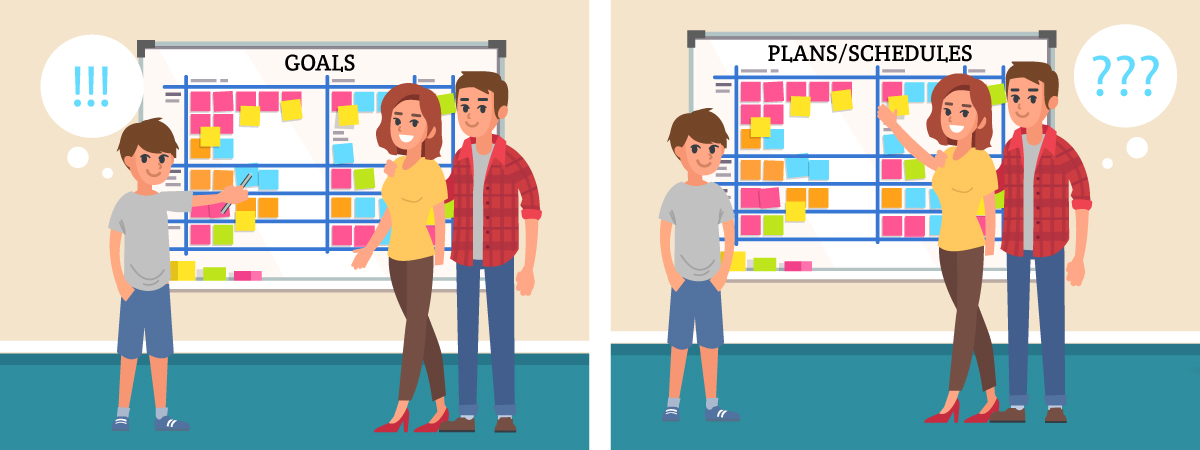
See the Target
Establish clear, written goals – and check progress.
A recent University of California study shows that people who write down their goals and share these goals with a friend may be as much as twice as likely to achieve these goals than are those who do not write goals down and share them.
In the study, the test group who created, recorded, and shared their goals achieved these goals at roughly double the rate of the group without clear, written goals they had shared with a friend.
Specifically, the act of sharing goals with a friend – for instance, having your student share his or her goals with you – and then engaging in regular progress checks with that friend, has been identified as a distinguishing factor between the higher and lower success rates.
In simpler terms: have your student write down his or her academic goals and share them with you. Help hold your student accountable by routinely (for instance, on a weekly or monthly basis) evaluating his or her progress toward these goals. This strategy can drastically improve the student’s chance of achieving them.
Help your student see his or her academic goals with clear eyes. Help him or her take time to think about them and consider their importance. And, when your student achieves them, help them again take time to savor and record the accomplishment.
[leadmagnet_two]
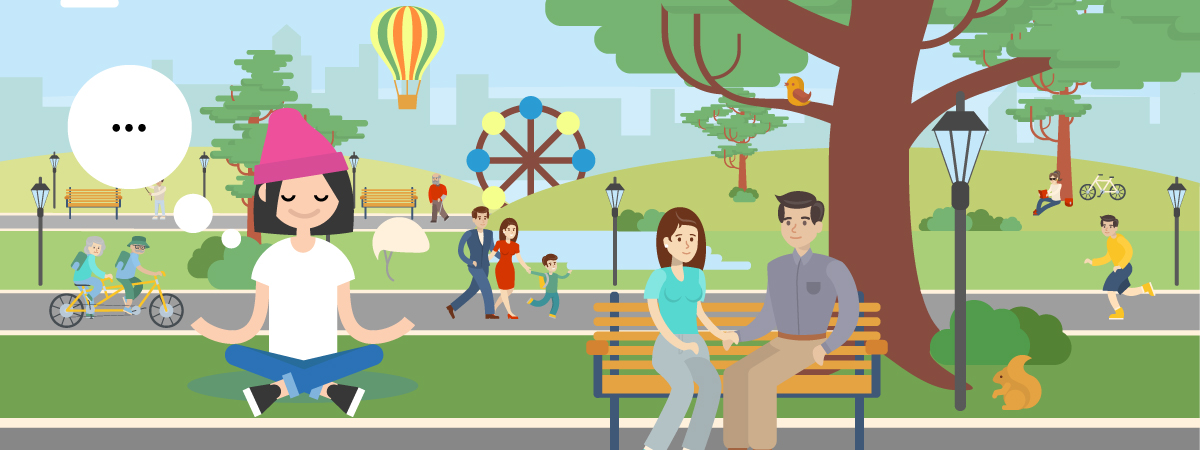
Cultivate Mindfulness
Mindful breathing techniques and meditation improve brain function and increase well-being.
Mindfulness has been defined by an expert as “simply a state of open, nonjudgmental, and non-discursive attention to the contents of consciousness, whether pleasant or unpleasant.” Though many students and parents will be unfamiliar with this topic, every student stands to benefit from mindful practices.
In the past few years, an enormous amount of research into the discipline of mindfulness has demonstrated that cultivating mindfulness can improve cognitive function, increase the ability to focus, improve subjective well-being, help with anxiety and depression, and even literally change the composition of our brains. (see this link for a nice summary of such research).
Mindfulness is real, and there is nothing mystical or mysterious about it; the bottom line is that if your student has not at least explored mindful breathing techniques and/or mindful meditation practices, he or she is ignoring a chance to improve academic performance – not to mention the various other benefits detailed above. See http://marc.ucla.edu for more information.
For more test strategy, college admissions, and scholarship application tips sign up for our FREE class happening right now!
Written by Todd Marcus
More from Todd Marcus

Taking The ACT Junior Year
If you're ambitious and want to give yourself plenty of time for score improvement, then consider taking the ACT junior…
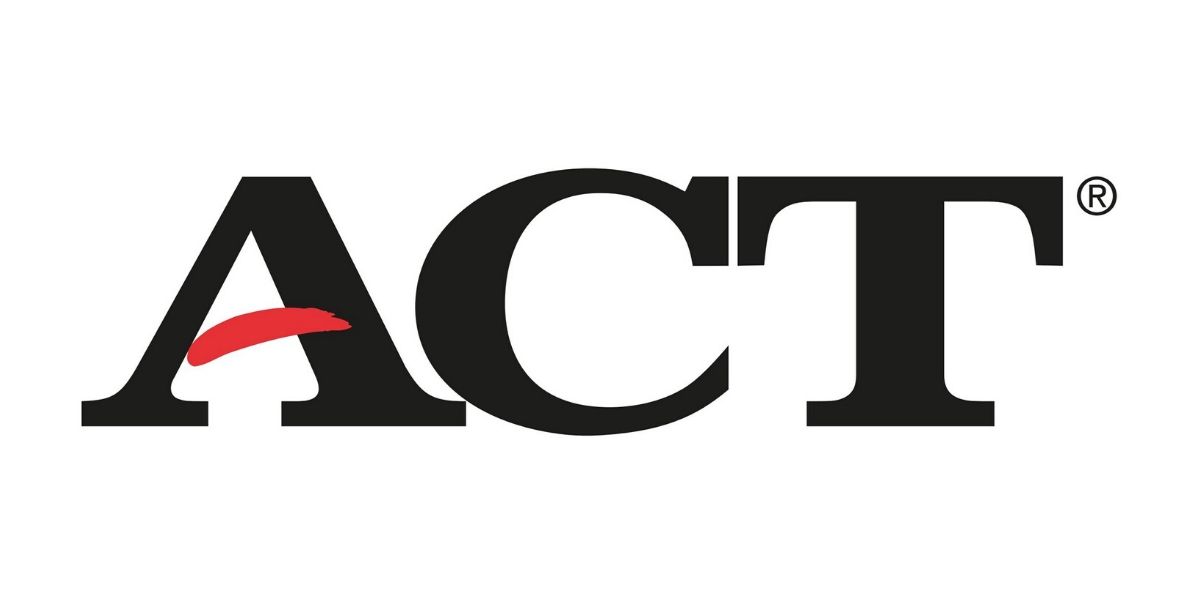
ACT 2020 Score Release Dates
Here then are the ACT 2020 score release dates to plan around, as well as, the different kinds of available…

How To Determine Your Average SAT Study Time
If you want a high score on the SAT, then you need to put in the hours. There's no way…
